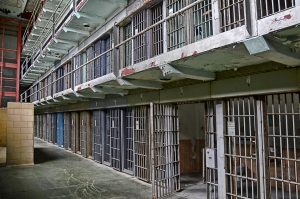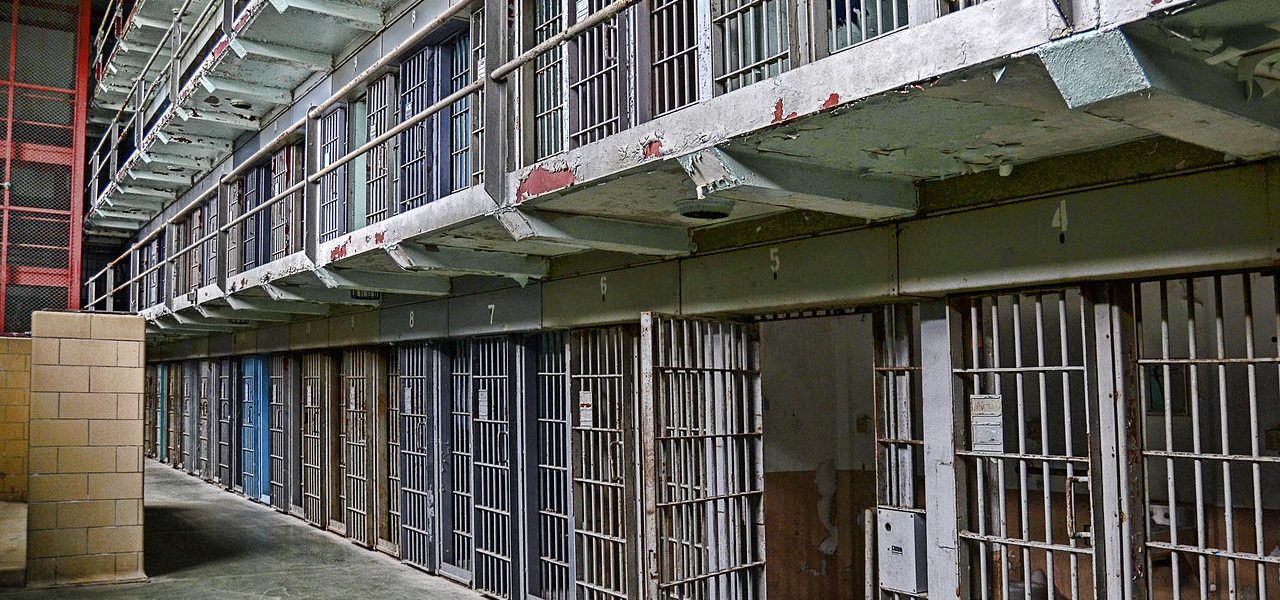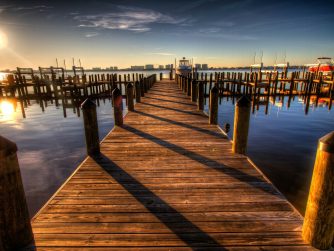In the last post, I noted that the Southern U.S. more people incarcerated in local, state and federal prisons than any other region on the country. In fact, the South has 7 of the top 10 incarceration rates, with Louisiana being number one.
According to a recent study from MetricMaps.com, there are Sixteen states have more people in prison cells than college dorms. What is intriguing about this is that nearly all of these 16 states are located in the South.
https://twitter.com/MetricMaps/status/557610562264117248
The question is, why?
Prison population and the failed war on drugs
 According to the Institute for Southern Studies, the prison population increase “can be attributed largely to ‘tough-on-crime’ criminal justice policies enacted in the 1980s and 1990s. Among them are mandatory drug sentences, ‘three-strikes-and-you’re-out’ laws for repeat offenders, and ‘truth-in-sentencing’ laws that restrict early releases.”
According to the Institute for Southern Studies, the prison population increase “can be attributed largely to ‘tough-on-crime’ criminal justice policies enacted in the 1980s and 1990s. Among them are mandatory drug sentences, ‘three-strikes-and-you’re-out’ laws for repeat offenders, and ‘truth-in-sentencing’ laws that restrict early releases.”
According to a 2013 article in the Economist, the primary driver of an increasing prison population is harsher drug penalties:
Probably the biggest driver of this growth has been ever-harsher drug penalties. In response to the crack epidemic of the 1980s, Congress and state legislatures began passing laws that meted out mandatory-minimum sentences for drug-related crimes. These were intended to help nab major traffickers, but the sentences were triggered by the possession of tiny quantities of drugs: five grams of crack, for instance, resulted in a mandatory-minimum sentence of five years. Conspiracy laws made everyone involved in a drug-running operation legally liable for all of the operation’s activities: a child hired for a few dollars a day to act as a lookout at the door of a crack house was on the hook for all the drugs sold in that house and all the crimes associated with their sale.
For instance, in 2014, “Governor Bobby Jindal signed legislation that imposes a 10-year sentence — without the possibility of probation or a suspended sentence — on anyone convicted of selling any amount of heroin as a first offense.” Ten years without the possibility of parole for a first offender? Really?
If it were reducing crime, then it might be justified. But that doesn’t seem to be the case. Earlier this year, a new study from the Brennan Center for Justice sought to explain what caused the “dramatic drop in crime in the United States over the past couple decades — and to what extent the decline can be linked to the expansion of the prison industrial complex. In the past 20 years…the country has experienced a drastic drop in crime at the same time the state’s prison population has doubled.”
What did they discover? The 139 page report revealed that while
mass incarceration has had a limited role in lower crime rates, other factors are much more important. The Brennan Center found that, “police officers, some data-driven policing techniques, changes in income, decreased alcohol consumption, and an aging population played a role in reducing crime.”
Reduction in crime can primarily be attributed to better training, better policing techniques, and the aging population, among other things. But increasing incarceration rates have a negligible affect on crime. The report noted that since “2000 [Louisiana] imprisonment has increased four fold to over 35,000 prisoners. The effectiveness on crime has declined to zero and that’s because of the marginal effect of adding more people to prison.”
So harsher drug penalties have increased the prison population in country where criminal activity has been decreasing. And most of this is happening in the South.
Who are being targeted? Who fills our prisons? That will be the focus of the next post.



